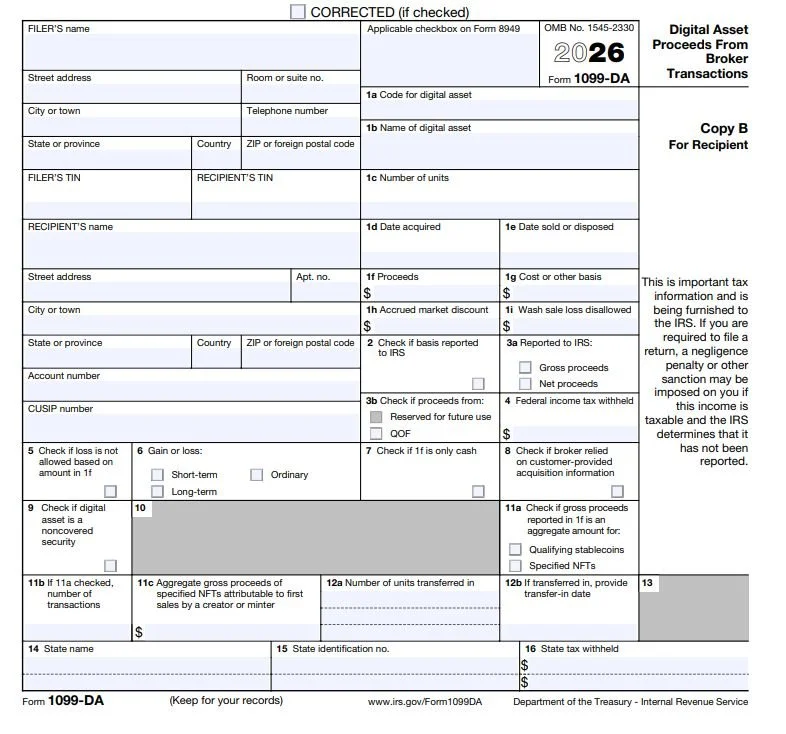On July 4, 2025, President Donald Trump signed into law the One Big Beautiful Bill (OBBB), following a razor-thin 51–50 Senate vote, where Vice President J.D. Vance cast the decisive tie-breaker. This landmark legislation, which largely reflects the Senate’s version previously approved by the House of Representatives, represents one of the most significant tax and spending reforms enacted in recent years.
The bill’s breadth spans extensions of the Tax Cuts and Jobs Act (TCJA) provisions, targeted new tax breaks, alterations to social safety nets, and increased government spending in defense and immigration enforcement. For tax professionals, policymakers, and taxpayers, a detailed understanding of the bill’s provisions, along with their underpinning Internal Revenue Code (IRC) references, is critical to strategic tax planning and compliance.
I. Extension and Enhancement of TCJA Tax Provisions
Sections 101 and related provisions of the OBBB permanently extend critical components of the TCJA through 2028, preventing the expiration of several popular tax breaks. Key among these are:
Individual and Corporate Income Tax Rates (IRC § 1): The marginal income tax rates for individuals and corporations remain at the lower levels established by the TCJA. This continuation provides stability and certainty for taxpayers facing planning decisions.
Qualified Business Income Deduction (IRC § 199A): The 20% pass-through deduction remains in place, benefiting millions of small business owners and professionals organized as sole proprietors, partnerships, S-corporations, or certain trusts and estates.
II. Exclusion of Tips and Overtime from Gross Income (IRC § 61(a))
One of the most transformative provisions is found in Section 102 of the bill, which excludes tips and overtime pay from gross income for eligible taxpayers, modifying the broad gross income definition in IRC § 61(a). This provision marks a historic shift aimed at reducing tax burdens on service and hourly wage workers.
A. IRC § 61(a) Background
Under current tax law, IRC § 61(a) defines gross income as “all income from whatever source derived,” including wages, tips, and other compensation for services. Generally, tips and overtime wages are fully taxable.
B. Eligibility Criteria for the Exclusion
Income Thresholds: The exclusion applies to taxpayers with modified adjusted gross income (MAGI) under $150,000 for single filers and under $300,000 for married joint filers. For purposes of this provision, MAGI is defined as adjusted gross income (AGI) increased by any amount excluded from gross income under section 911, 931, or 933 of the Internal Revenue Code.
Employment Sectors: Though not explicitly limited by sector in the bill, this provision principally benefits service industry employees, such as those in hospitality, restaurants, retail, and other tip-earning roles.
Reporting Requirements: Taxpayers must still report their tips and overtime pay accurately through payroll documentation, consistent with IRS Form W-2 reporting.
Effective Dates: This exclusion applies for tax years 2025 through 2028, after which standard taxation rules will resume unless further extended by Congress.
C. Implications
This tax relief offers a meaningful increase in take-home pay for millions, helping lower- and middle-income earners without disrupting payroll withholding or Social Security and Medicare tax obligations.
III. Senior Tax Relief: $6,000 Deduction for Age 65+ (Section 103)
The OBBB introduces a new $6,000 deduction targeted at taxpayers aged 65 or older, effective 2025 through 2028. This deduction is codified as an amendment to IRC § 63, which governs itemized and standard deductions.
Income Thresholds: Applies to taxpayers with MAGI below $75,000 for single filers and $150,000 for married joint filers.
Purpose: Provides additional tax relief to seniors, many of whom live on fixed incomes and face escalating healthcare and living expenses.
Temporary Nature: The deduction is scheduled to sunset after 2028 unless Congress acts to extend it.
This deduction supplements existing age-related tax credits and deductions, such as the additional standard deduction amount for seniors under IRC § 63(c)(1)(B).
IV. State and Local Tax (SALT) Deduction Cap Revisions (Section 104)
The SALT deduction cap remains a hot-button issue under IRC § 164(b)(6). The TCJA had limited the SALT deduction to a maximum of $10,000 annually.
A. OBBB Changes
Raises the SALT deduction cap to $40,000 for taxpayers with incomes below $500,000.
Caps the increase to 1% annual growth from 2025 to 2029, after which the cap reverts to $10,000.
Phases out the SALT deduction for taxpayers earning over $500,000, increasing the threshold by 1% annually.
B. Rationale and Impact
This expanded cap primarily benefits taxpayers in high-tax states (California, New York, New Jersey), alleviating some tax burdens but raising concerns about federal revenue impacts.
V. Child Tax Credit (CTC) Enhancements (Section 105)
The Child Tax Credit, under IRC § 24, receives permanent enhancements:
Credit Amount: Increased to $2,200 per qualifying child, indexed annually for inflation.
Eligibility: Requires valid Social Security Numbers for both the child and the taxpayer claiming the credit to strengthen anti-fraud measures.
Income Phaseouts: Maintains higher thresholds to retain benefits for middle-income families.
Duration: This structure is permanent, ensuring long-term support for families.
VI. Medicaid and SNAP Reforms (Section 106)
Reflecting a policy shift, the OBBB imposes:
Work Requirements: Medicaid recipients aged 19 to 64 with dependent children over 14 must work or engage in qualifying activities for at least 80 hours per month.
Funding Reductions: Cuts funding for Medicaid and SNAP programs, with estimates projecting over 10 million Americans could lose health insurance by 2034.
VII. Defense and Immigration Enforcement Funding (Section 107)
The bill appropriates:
$150 Billion for Defense Modernization: Including funding for the new “Golden Dome” missile defense system.
$170 Billion for Immigration Enforcement: $45 billion specifically allocated to Immigration and Customs Enforcement (ICE) for detention and related operations.
VIII. Environmental and Energy Policy Rollbacks (Section 108)
The OBBB rolls back several clean energy tax credits and incentives, reversing earlier federal support under IRC §§ 45, 48, and related provisions.
A new tax is imposed on university endowments exceeding certain thresholds.
These policy changes may affect renewable energy investments and academic funding structures.
IX. Fiscal Considerations (Section 109)
The bill increases the federal debt ceiling by $5 trillion to accommodate expanded spending.
The Congressional Budget Office estimates the OBBB will add approximately $2.8 trillion to the national debt over the next decade.







